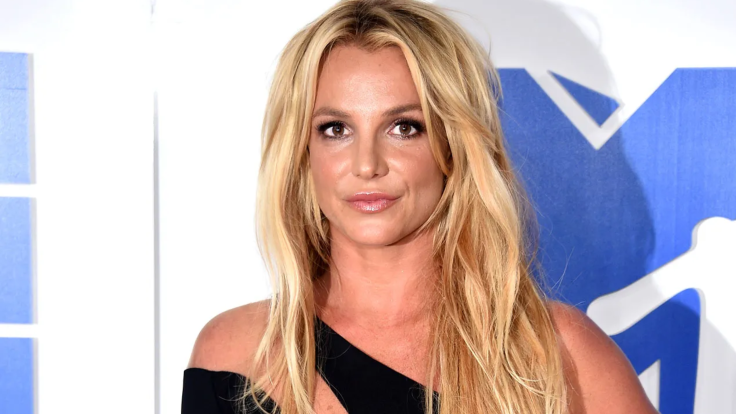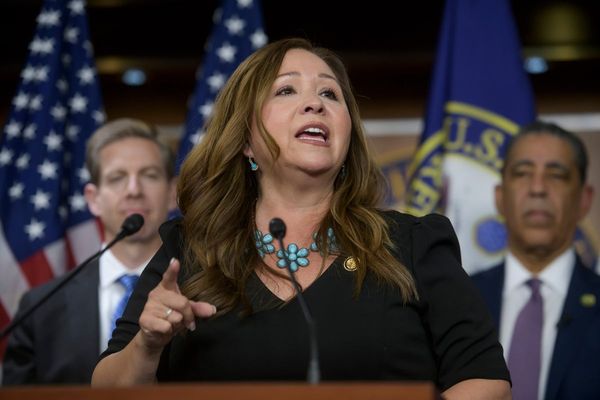
The pop star publicly accused her ex of 'constant gaslighting' and detailed painfully limited contact with their sons as a tell-all memoir and media appearances reopened old wounds.
Britney Spears has erupted into a highly public admonition of her former husband, Kevin Federline, after excerpts from his forthcoming memoir and his recent interviews painted a stark, intimate portrait of their marriage and parenthood.
In a lengthy post on X on 16 October 2025, Spears accused Federline of 'constant gaslighting', said she has been 'demoralised' by the treatment she has received, and disclosed that one son has seen her for just 45 minutes in the past five years. The row exposes the fraught terrain where celebrity memoir, family privacy, and ongoing public scrutiny collide.
Federline's Memoir and the Claims that Sparked the Row
Federline's memoir, You Thought You Knew, is due for release on 21 October 2025 and contains candid recollections of the couple's marriage, their split, and episodes from 2007 that have long shadowed Spears's public image.

Excerpts published in major outlets include passages about the head-shaving episode and accounts in which Federline expresses fear about Spears's behaviour and the potential impact on their children. His remarks in press interviews and the memoir's excerpts appear to have been the immediate catalyst for Spears's public response.
Spears's own intervention was short, blunt, and unequivocal. She wrote that the 'constant gaslighting from ex-husband is extremely hurtful and exhausting', adding that she had 'pleaded and screamed to have a life with my boys' and that 'relationships with teenage boys is complex'.
The constant gaslighting from ex-husband is extremely hurtful and exhausting. I have always pleaded and screamed to have a life with my boys.
— Britney Spears 🌹🚀 (@britneyspears) October 16, 2025
Relationships with teenage boys is complex. I have felt demoralized by this situation and have always asked and almost begged for them to…
She accused Federline of profiting from what she characterised as 'white lies' and said she is determined to protect her dignity and future privacy. That post is a primary document in this dispute and clarifies that Spears feels compelled to rebut Federline's account publicly.
The Ethics of Memoir
Reporters working from Federline's book excerpts and interviews have cited specific allegations, including claims about Spears's mental-health crises and parental behaviour, while also noting Federline's stated concern for the children's welfare.
This conflict illustrates the moral complexity of celebrity memoirs. Federline presents himself as a witness to troubling episodes; Spears frames his account as a form of profit-seeking that reopens trauma.
Both narratives appeal to readers' appetite for revelation, but they also carry tangible consequences for the family involved: notably the children, who are adults but whose relationships with both parents are described as strained.

Memoirs sit in a grey area where memory, perspective, and selective emphasis shape narrative truth. When one party publishes, the other often has no practical recourse beyond public rebuttal or their own account.
Spears's public message is both a personal defence and a strategic record: by posting her rebuttal on X, she has ensured her version of events is on the record prior to, or alongside, Federline's fuller narrative in print.
Looking Ahead
With Federline's book due on 21 October 2025, expect a flurry of coverage that mixes excerpted passages, televised interviews, and social-media responses.
Readers, for their part, should approach competing accounts with scepticism and attention to sourcing: claims about private family matters are serious and deserve careful verification before being treated as settled fact.
Spears's public denunciation of 'gaslighting' reframes a long-running cultural conversation about the costs of fame, the ownership of personal narrative and the ways family stories are monetised.







